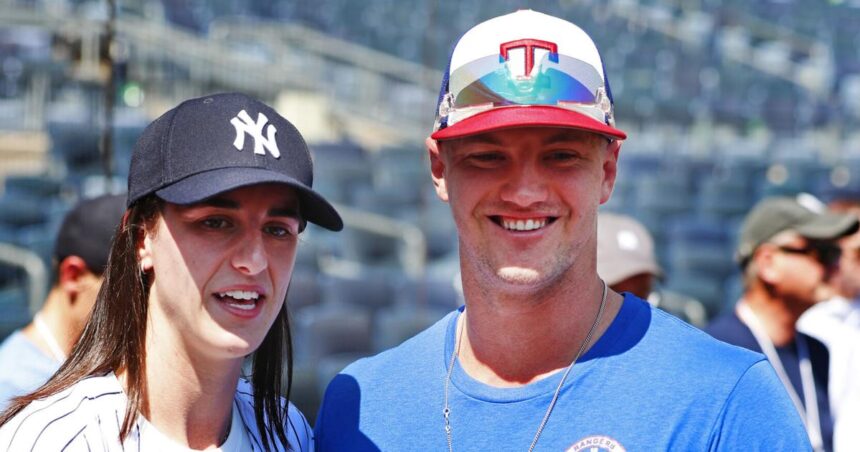INDIANAPOLIS — Caitlin Clark took full advantage of her snub by the U.S. Olympic team.
She visited Mexico, attended a friend’s wedding in Iowa, and even got to see the New York Yankees’ clubhouse. So, when the Indiana Fever star returned to practice Tuesday, she was rested, revived, and revved up to restart the WNBA season.
For Clark and the rest of this year’s remarkable rookie class, the nearly monthlong Olympic break was a welcome and perhaps necessary respite before the final sprint to the playoffs.
“Oh yeah, I think it was very helpful just to reset,” Clark said. “Coming in here, I didn’t know my teammates very well and you’re just kind of tossed out on the court, trying to figure each other out. I think you can tell I’d gotten more comfortable over the last few games heading into the break, so I was kind of like ‘Oh, I need the break.’”
People are also reading…
Clark was hardly alone in her assessment.
In Chicago, coach Teresa Weatherspoon acknowledged her two rookie stars — Angel Reese of LSU and Kamilla Cardoso of South Carolina, both NCAA champions — came back re-energized after enduring an unprecedented whirlwind for almost a full year.
From the moment college practices opened last fall, these rookies played under a white-hot glare rarely experienced in women’s basketball — nightly sellout crowds, soaring ticket prices on secondary markets, record-breaking television ratings and their own incessant desire to live up to growing expectations.
“You talk about those two, especially coming from the college level, they just went year-round and the body needs a break,” Weatherspoon said. “You want the body to have that break to remain productive.”
With only eight days between the NCAA championship game and the WNBA draft and two more weeks before the start of training camp, the fast pace continued into their pro careers.
Fans debated what long-term impact these women could have on the sport while salaries, endorsement deals, chartered flights and, yes, even the Olympic selections continued to fuel interest in the sport.
In mid-May, the rookies began a 40-game regular season — one made all the more challenging by a modified schedule, compressed because of the long break.





